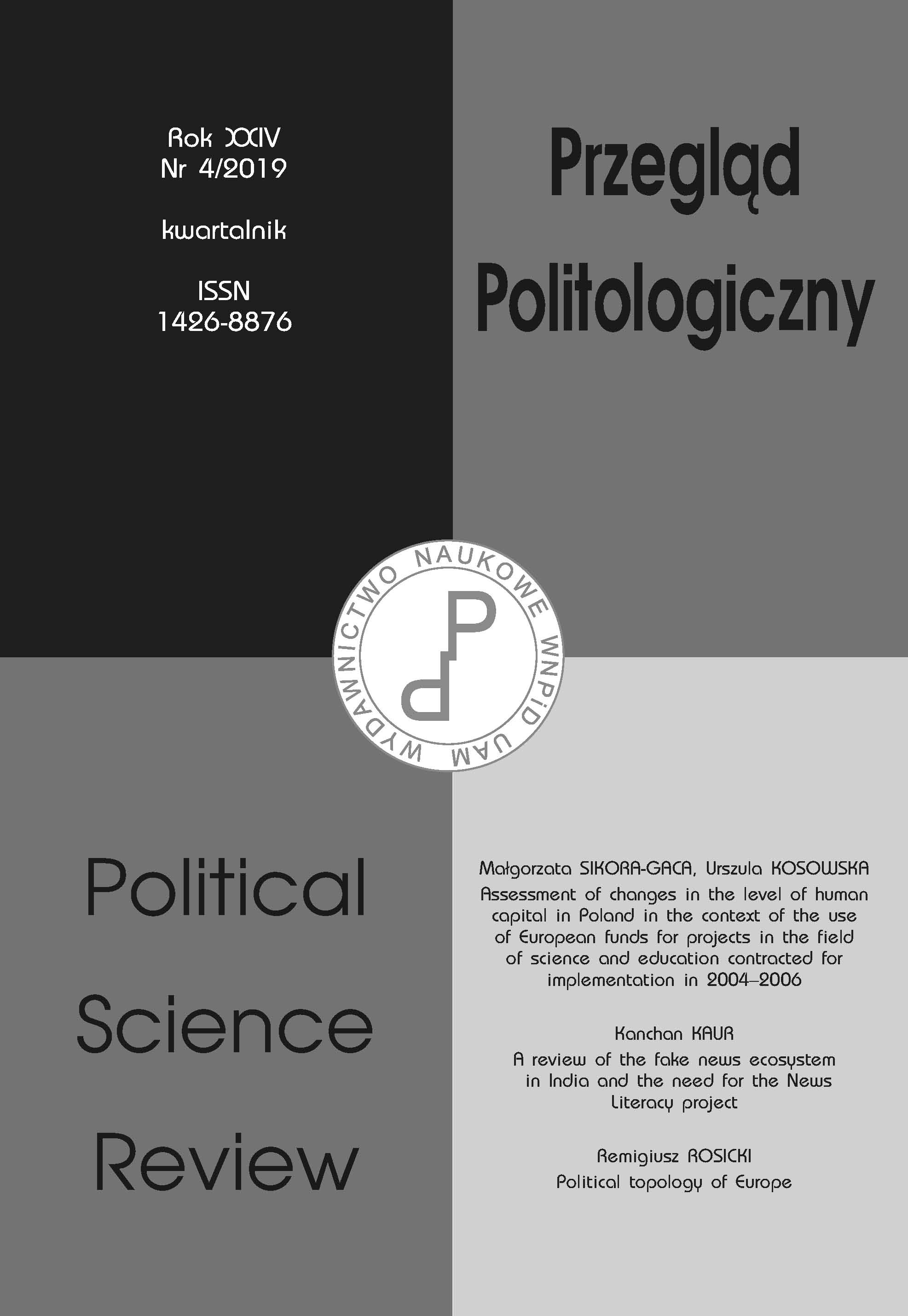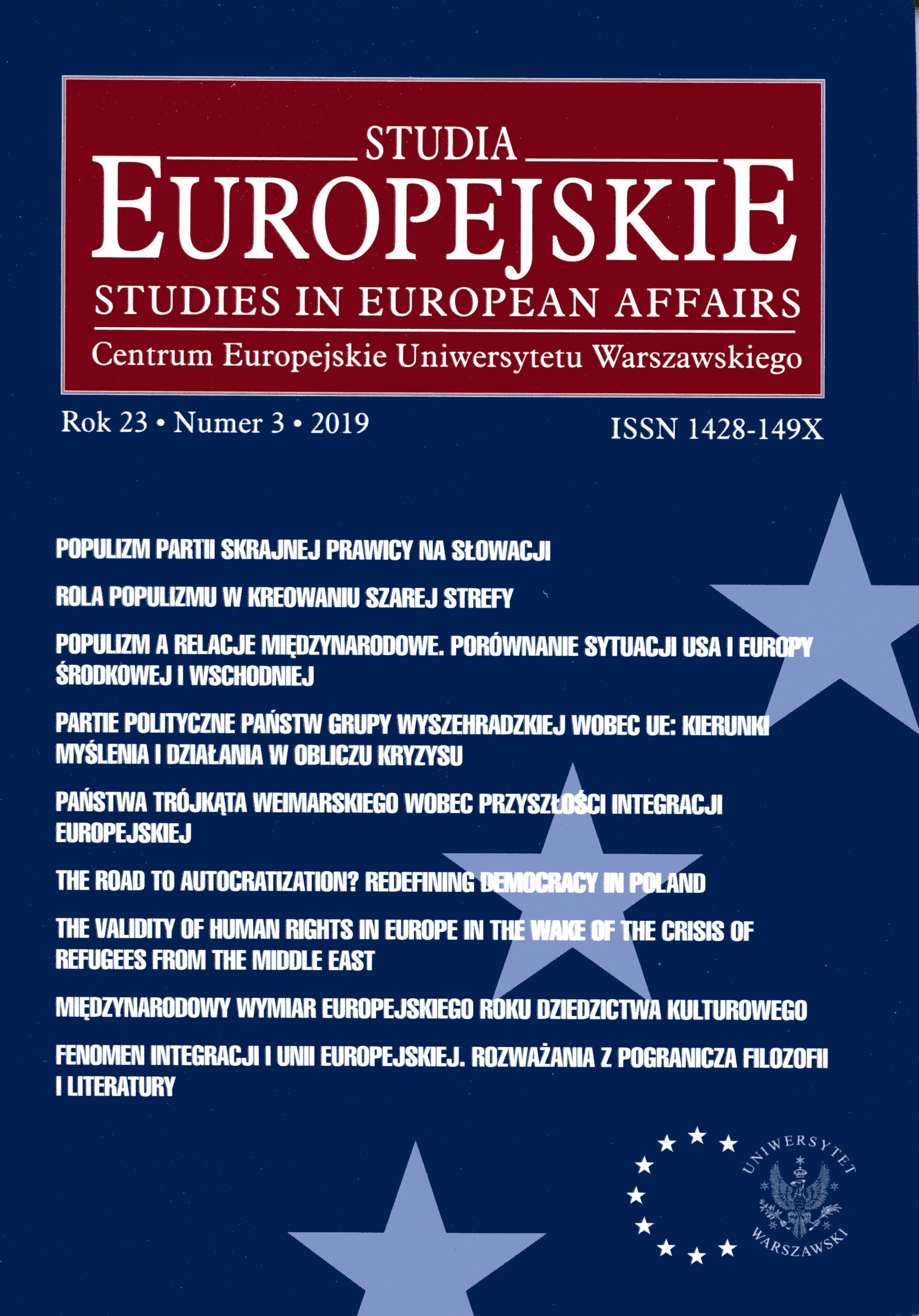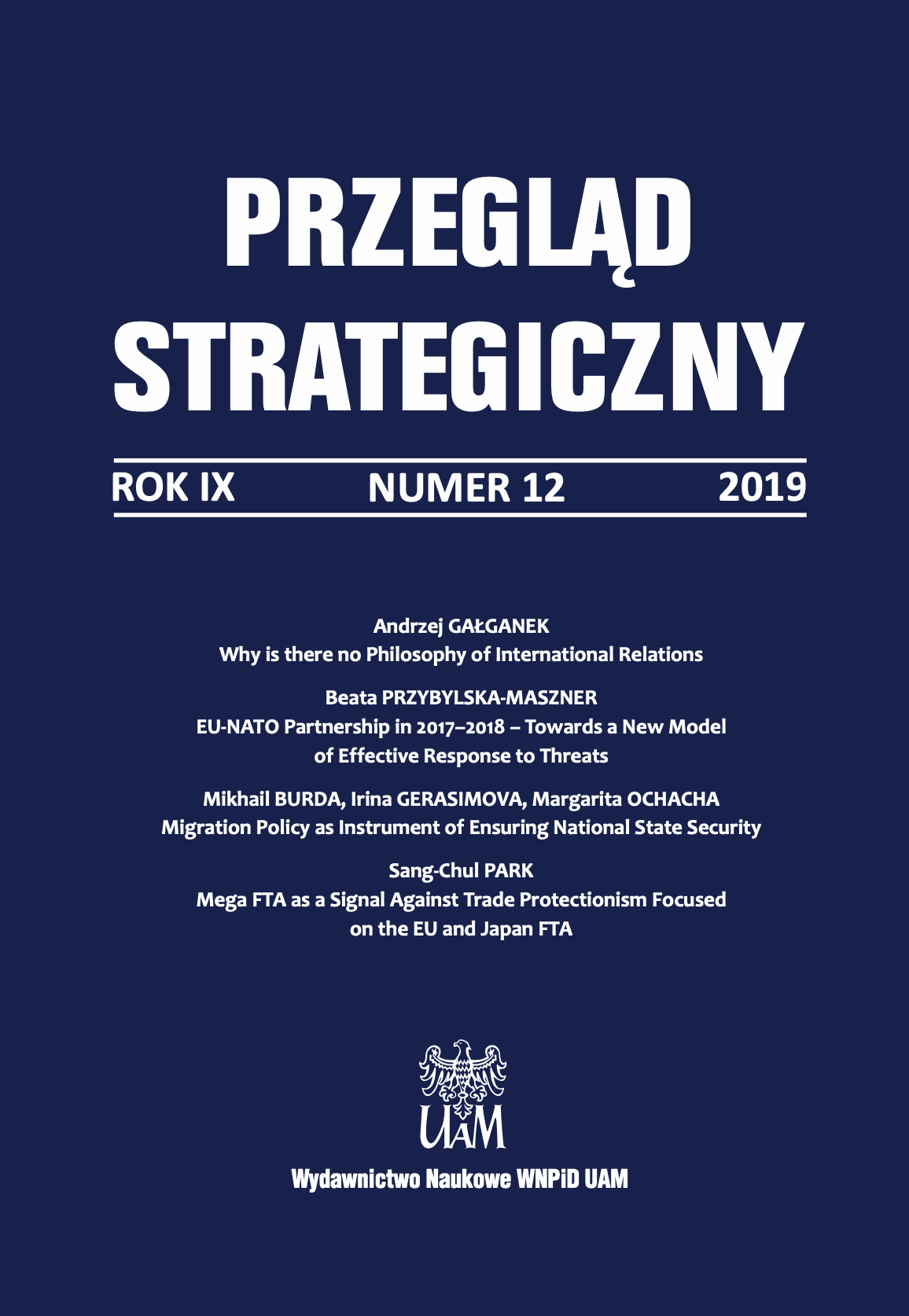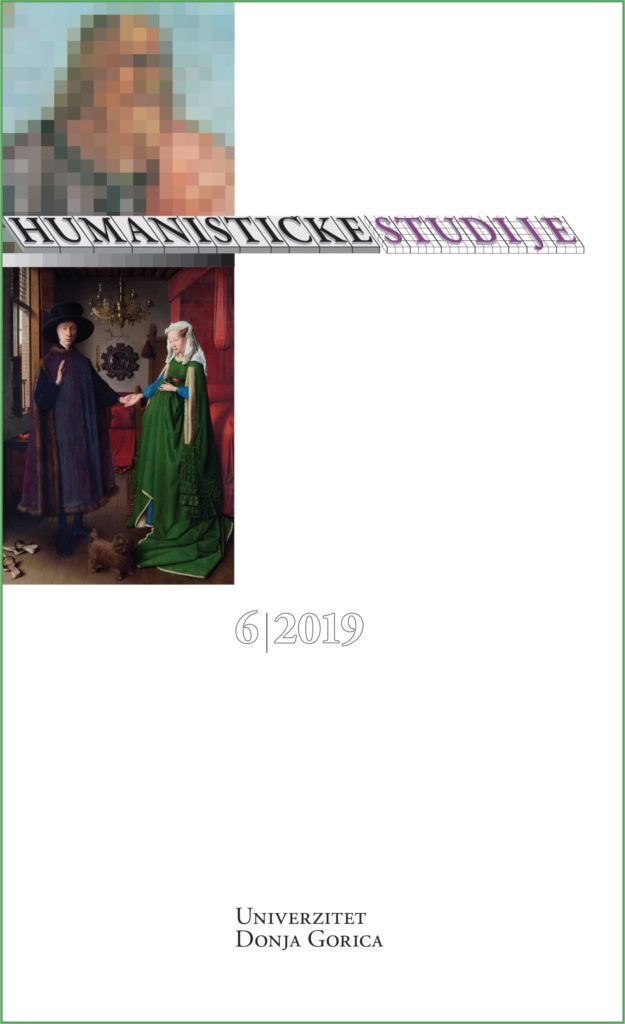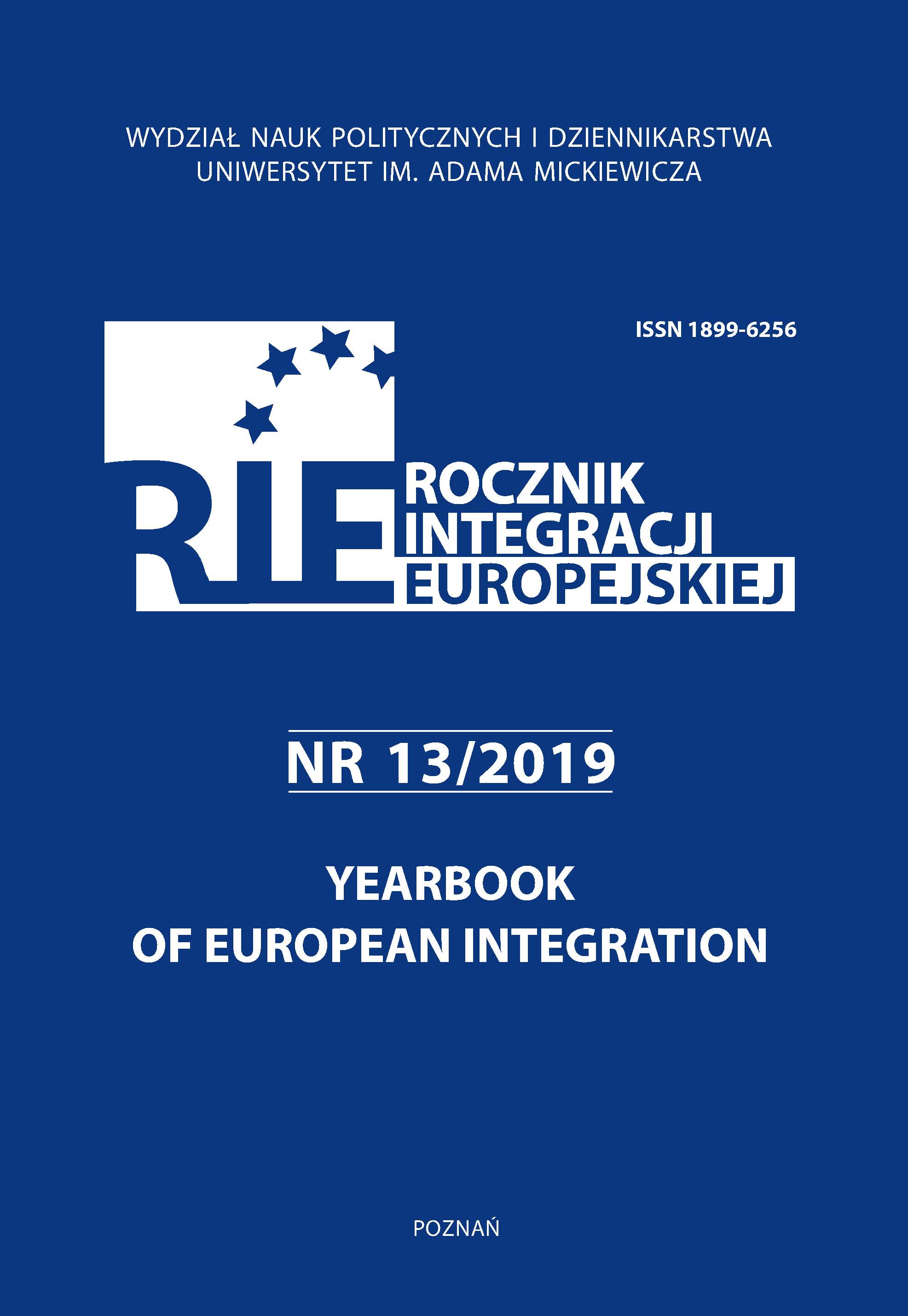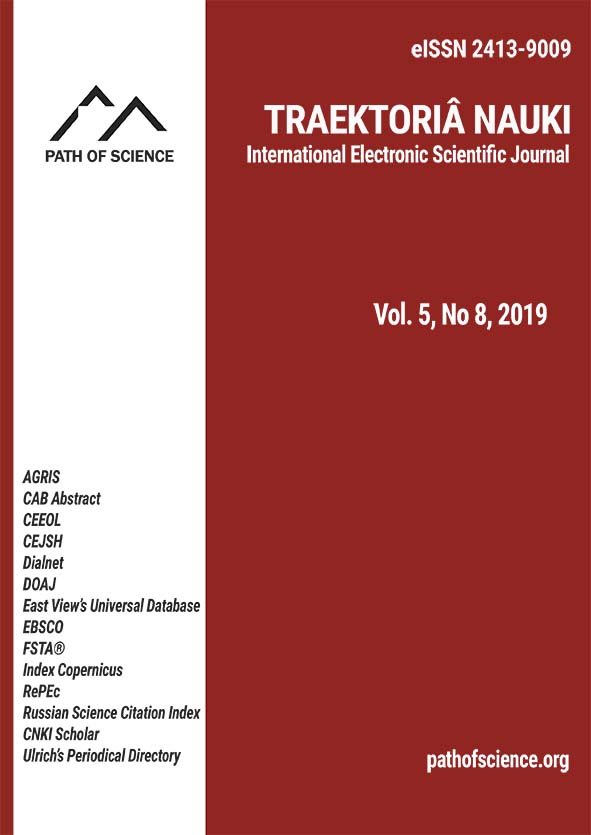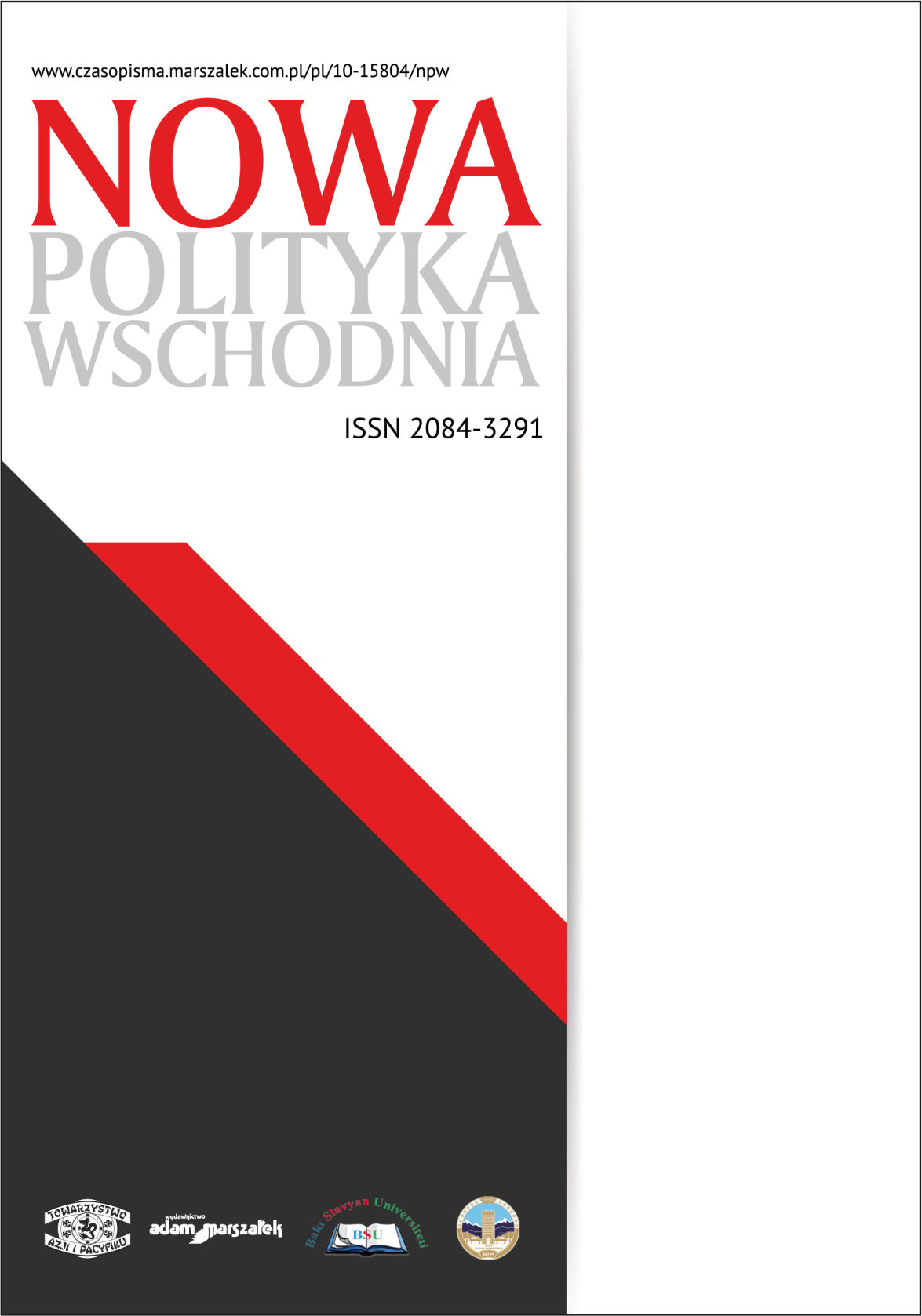
Ukraine’s Aspirations to the EU – Selected Socio-Political Conditions
This article presents the selected key socio-political determinants of the pro-Union aspirations of Ukraine that were important for the condition of EU – Ukraine relations. The presented events and historical outline may be the basis for further reflection and evaluation of how Ukraine was undergoing the process of accession and was located at its different stages.
More...
